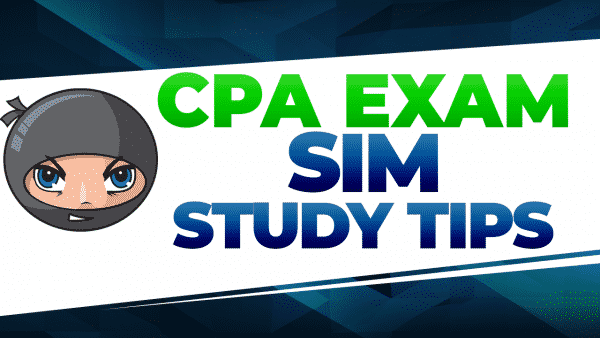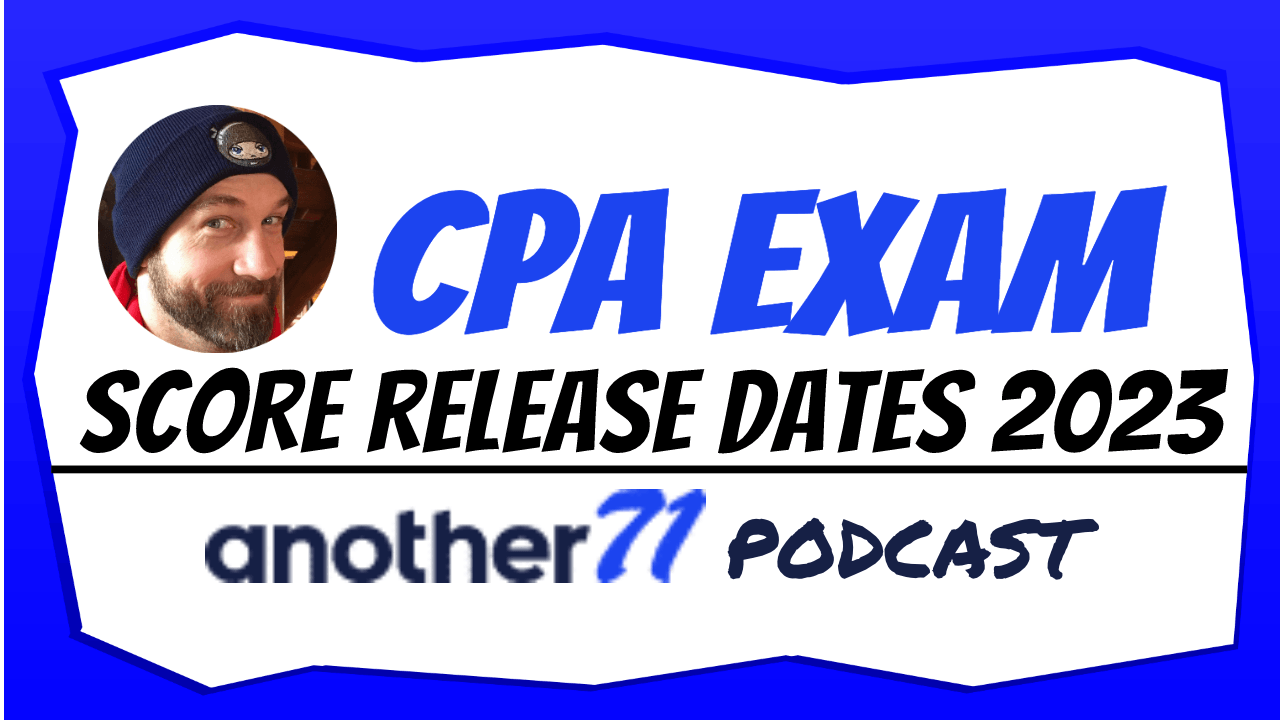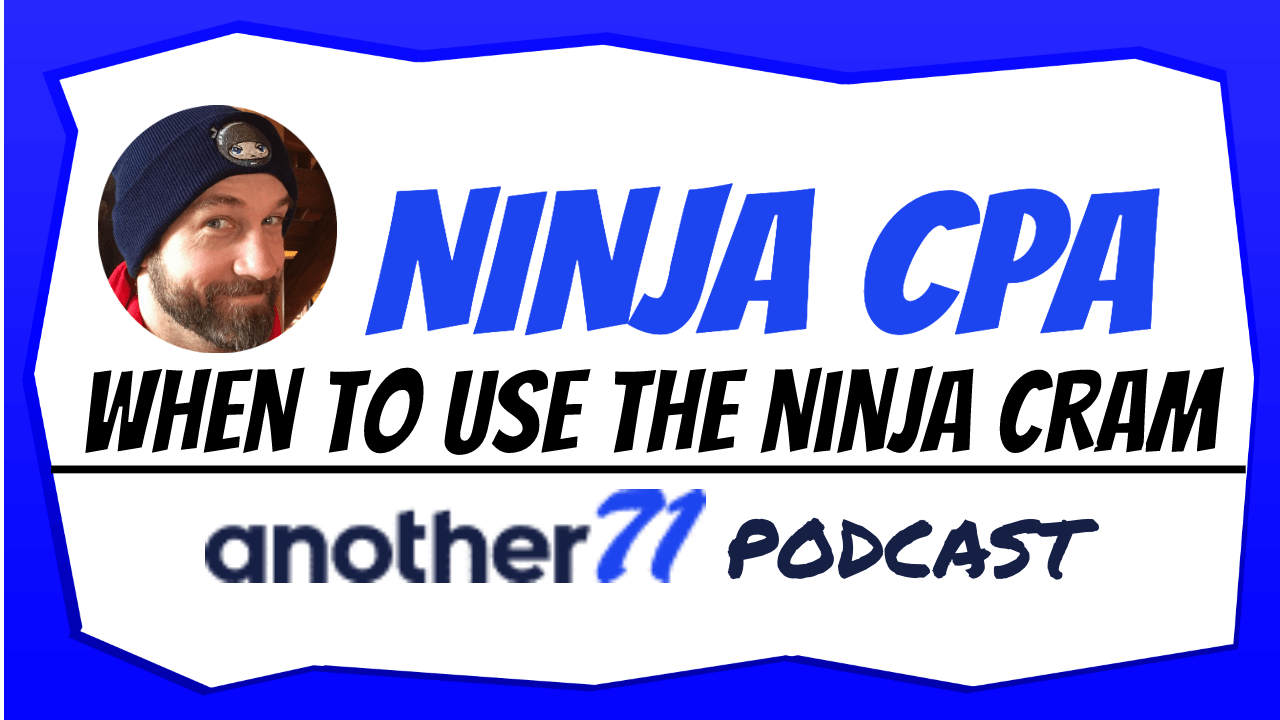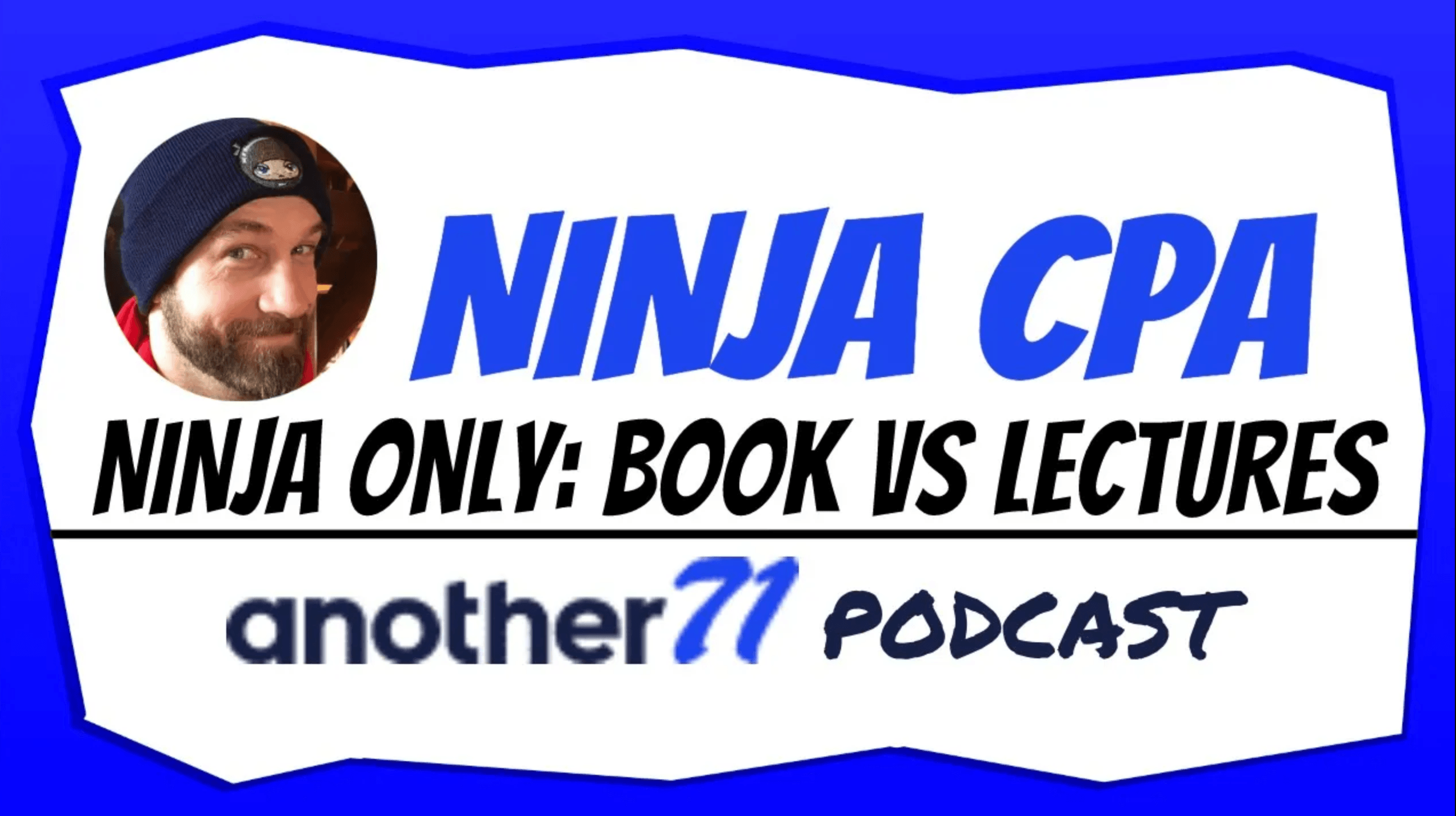
These CPA Exam Study Tips are what I have learned from personal experience and through talking to thousands (actually tens of thousands) of other candidates.
1. Wordy Questions. You will find that the exam questions are not as “wordy” as the questions you have practiced in your study software and will likely leave the testing center feeling like the actual exam was easier than the practice questions you worked on.
2. Time Flies. It will be the fastest 4 hours of your life. You’ll be exhausted.
3. No Perfection. You cannot be a perfectionist on your exam. If you get stumped and sit there stubbornly for 10 minutes trying to figure something out, that’s 8 minutes that you just cheated yourself on the simulations or written communications.
4. Pick B or C. If you’re stumped and can’t get the numbers to work out, choose B or C. Why? You have a 30% chance of getting it right. A and D are correct 20% of the time. (This is based on my own research doing samples of CPA Exam practice questions and is not official and mostly anecdotal). If you didn't have a plan for guessing before, you do now 🙂
5. Take Breaks. Go into the bathroom and (literally) do jumping jacks to wake up.
6. Sign IDs. Don’t forget your NTS (Notice to Schedule) and two SIGNED IDs. One needs to be a picture ID, such as a driver’s license, and the other can be as simple as a signed credit card. Don’t make the mistake of having all of your credit cards say “See photo ID” on the signature line as I did. It might be a good idea to make a copy of your NTS and stick it in your vehicle’s glove box to know you have it with you.
7. Don't Delay. Don't take all day getting started. After the facilitator at Prometric gets your computer up and running, and you sit down, don’t assume that you have all day to start writing mnemonics on your two “noteboards.” One candidate who reads this site sent me an e-mail saying that he sat for BEC and decided to write out all of his formulas before beginning the exam.
He found himself locked out due to time expiration. Why? You have approximately 10 minutes to sign in to your computer. READ THE SCREEN. Not only did he not get to sit for his exam that day, he forfeited his exam fee and had to wait until the next test window to take the exam. Talk about a nightmare exam experience.
8. Answer Everything. When you get to the simulations, leave nothing blank. If one minute is left on the exam clock and you have a tab with several blanks, fill in anything.
A wrong answer and a blank answer give you the same number of points: zero. You may get lucky if there’s a drop-down menu for the answers and you guess correctly.
9. Practice Research. Practice the Research tab on the AICPA sample test before your exam. This is very important! If you don't, you will spend 10 minutes trying to figure it out on the exam.
10. Get Sleep. Get at least six hours of sleep the night before the exam. Don’t cut out sleep, or you will pay severely two hours into your exam when you will crash. If you’re a coffee drinker, drink your normal amount of coffee but don’t pound a gallon of it 15 minutes prior to the exam. You’ll be squirming through Testlet 1, praying for a restroom break.
11. Relax. People take this exam every day. (Actually, they can take it eight months out of the year). Give it your best shot. To use a sports cliché, leave it all out there on the field. You may be tempted to get lazy and rush through your third testlet because you’re bored or think you’re doing it miserably. Don’t. Focus while you’re in there. Stay alert and work your tail off. The extra focus and extra attention to detail on the final 5-10 questions of Testlet 3 could be the difference
between a 74 and a 75.
12. Take Time Off. Take a few days off and enjoy life after your exam. It’s in the examiners’ hands now, and there’s no amount of worrying or second-guessing that can change anything. After a break, attack your next section (unless you’re done).
13. Score Release. On Score Release Day, if you end up south of a 75, you can either continue studying the new section you just started, or if you’re only a week or two into it when scores come out, you can hit your failed section again. I always recommend starting from scratch and re-studying, so it probably makes sense to continue your progress with the new section. Ultimately, it comes down to your own exam philosophy. You must weigh that decision and determine what is best for you.





